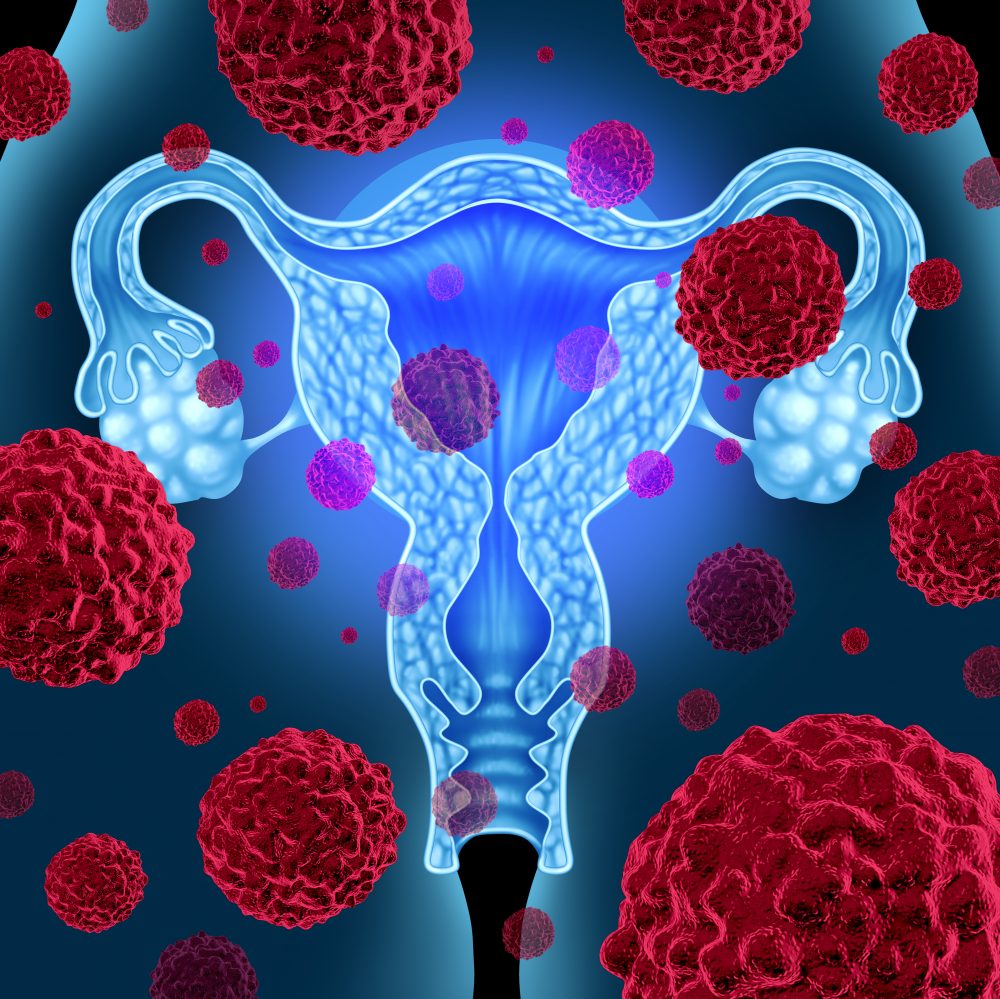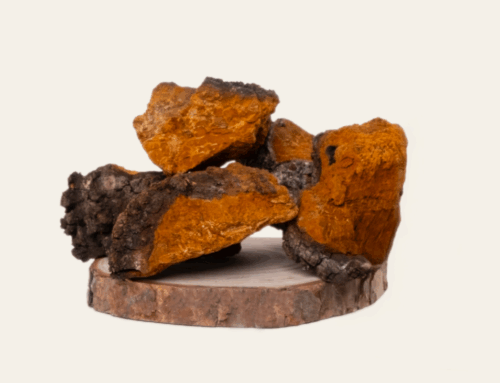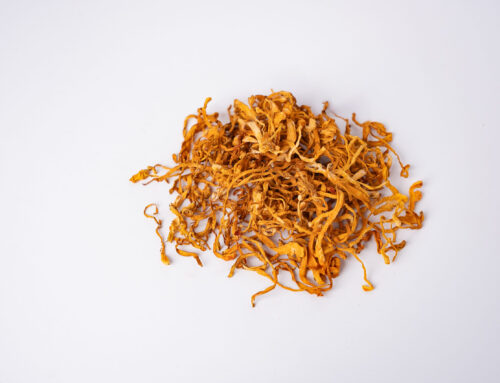Polycystic Ovary Syndrome, commonly called PCOS, is a hormonal condition affecting up to 10% of women. While PCOS is a hormonal disorder of the reproductive system, and its direct causes are still unknown, there are some exciting new discoveries when it comes to PCOS and its connection to insulin resistance, metabolic syndrome, and chronic, low-grade inflammation. Addressing these possible root causes of PCOS could be a game changer in your holistic approach to Polycystic Ovary Syndrome prevention and treatment. Curious? Read more about a holistic approach to PCOS below.
What is PCOS?
PCOS is a common hormonal condition affecting the ovaries and reproductive system. Symptoms of PCOS include ovarian cysts (as the name, Polycystic Ovary Syndrome, suggests) but note that you can still have PCOS even if you have no cysts on your ovaries.
Other symptoms of PCOS are menstrual irregularities – namely infrequent cycles, less than nine menstrual periods per year (or more than 35 days in-between periods), and heavy bleeding. Substantial weight gain, along with marked difficulty losing weight no matter what you do, is another hallmark of PCOS, as is excess facial and body hair (hirsutism). PCOS can disrupt women’s lives and carries myriad possible complications such as infertility, type 2 diabetes, and mood disorders like depression and anxiety.
So how can you holistically prevent and address PCOS? Your best game plan is to look at root causes. Below, we’re looking at three main root causes behind PCOS, along with preventative nutrition tips, supplement essentials, and lifestyle habits you can adopt today to prevent and address PCOS.
PCOS and insulin resistance
There’s a strong link between Polycystic Ovary Syndrome and insulin resistance, which affects as many as 65-70% of women with PCOS. Insulin is the pancreas-made hormone that enables your cells to use sugar (glucose) as energy for the body. If your cells become insulin resistant, your blood sugar levels will spike, causing your body to produce even more insulin. Excess insulin is linked with androgen production and the type of ovulatory dysfunction so common in PCOS.
Tips to reverse insulin resistance include healthier lifestyle habits, the right amount and kind of exercise, smart dieting, and wholesome weight loss. Food-wise, you can help lower your risk of insulin resistance by cutting back on starches and sugars, and replacing them with high-fiber, low-glycemic foods. Exercise is an essential part of insulin resistance and PCOS prevention, but don’t go overboard, either! Over-exercising puts stress on the adrenals and might contribute to hormonal imbalances. When in doubt, go for something mild like walking or yoga.
Supplement with Blood Sugar Support, a comprehensive formula of alpha-lipoic acid, cinnamon, chromium, and other blood glucose balancing ingredients to lower your risk of insulin resistance and PCOS.
PCOS and metabolic syndrome
PCOS has a strong association with metabolic syndrome. Hear this: women with PCOS are up to 11 times more likely to suffer from metabolic syndrome than those without PCOS! Being overweight is a risk factor for metabolic syndrome, as is lack of exercise. Metabolic syndrome increases incidence of cardiovascular disease and atherosclerosis, makes you more prone to insulin resistance and type 2 diabetes, and ups risk of endometrial cancer.
Here’s the great news: metabolic syndrome responds really well to lifestyle changes. In other words, upgrade your health habits to massively lower your risk. Cut the junk food and eat healthy (ensure all your nutritional needs are met by relying on a quality daily multi-vitamin). Choose organic and keep processed foods to a minimum. Follow an exercise program and shed the extra weight. Boost your nutritious diet and regular exercise plan with Slim-Pro, a natural formula to enhance blood sugar levels and help you achieve your weight loss goals while lowering risk of metabolic syndrome and PCOS.
PCOS and inflammation
Chronic low-grade inflammation is a key contributor to PCOS, with elevated inflammatory markers regardless of excess weight. Inflammation can encourage higher androgen production as well as insulin resistance, leading to weight gain and disrupting the balance of sex hormones responsible for regulating the menstrual cycle. What’s more, this type of inflammation is also a feature of conditions like metabolic syndrome, type 2 diabetes, and cardiovascular disease, which are closely linked with PCOS.
Gut health is a big player when it comes to the prevention of chronic, low-grade inflammation. So load up on whole plant foods (like anti-inflammatory dark leafy greens), fermented veggies, and cultured tonics like kefir and kombucha. Medicinal herbs like slippery elm and marshmallow root help relieve inflammation along the digestive tract and support gut health.
Anti-inflammatory powerhouse herbs like turmeric (and one of its active compounds, curcumin) are must-have allies for fighting inflammation daily, along with holistic habits like learning to manage stress better and making enough time in your life for rest and play.







Merci pour l’article
Interesting blog, good information is provided regarding diseases associated with polycystic ovarian syndrome. Was very useful, thanks for sharing this useful blog with us.
Very good article thanks for sharing
Thank you. This is helpful. Will be trying slippery elm